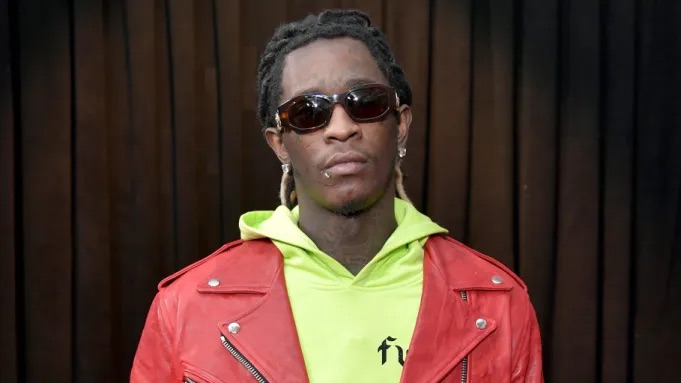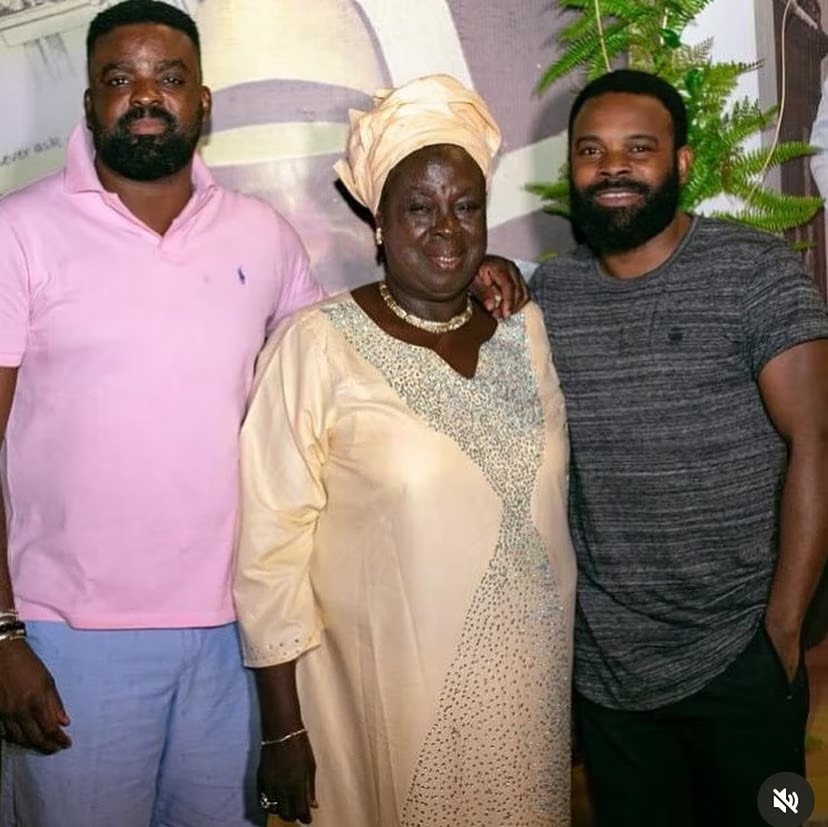On October 31, 2024, rapper Young Thug, legally known as Jeffery Williams, was released from jail following a lengthy legal struggle tied to charges against YSL (Young Slime Life), an organization he co-founded.
This case, centered around alleged gang activity, involved a high-profile RICO (Racketeer Influenced and Corrupt Organizations Act) trial, with claims linking YSL to violence and organized crime in Atlanta.

Young Thug’s release stemmed from a plea deal, which required him to participate in community initiatives promoting anti-gang messages and discouraging youth violence.
This plea agreement, intended as a measure for rehabilitation and community impact, mandated that he engage in public speaking engagements focusing on anti-violence education. The terms reflect a push by prosecutors for greater accountability from high-profile defendants, especially those seen as influential among young audiences.
Throughout his incarceration and trial, supporters rallied around Young Thug, with prominent figures in the hip-hop community speaking out on his behalf. Fellow artist and romantic partner, Mariah the Scientist, shared her relief and joy on social media following his release.
However, Thug’s father voiced some reservations, expressing concerns about the nature of the plea and whether his son’s decision to accept it was a step he truly supported.
The legal issues surrounding the YSL case have attracted substantial public and media attention, as the case blurred lines between music, identity, and legal responsibility.
While Young Thug’s plea deal marks a new chapter, it also highlights broader debates on the relationship between art and alleged criminal conduct. The deal allows him to regain his freedom but with specific obligations that shape his public role moving forward, with his focus likely turning to rehabilitation initiatives as he resumes his career under heightened scrutiny.





